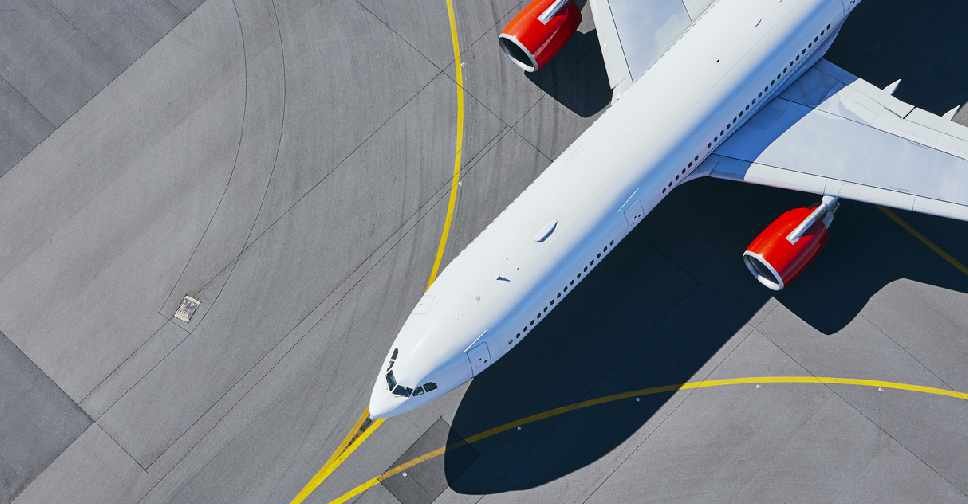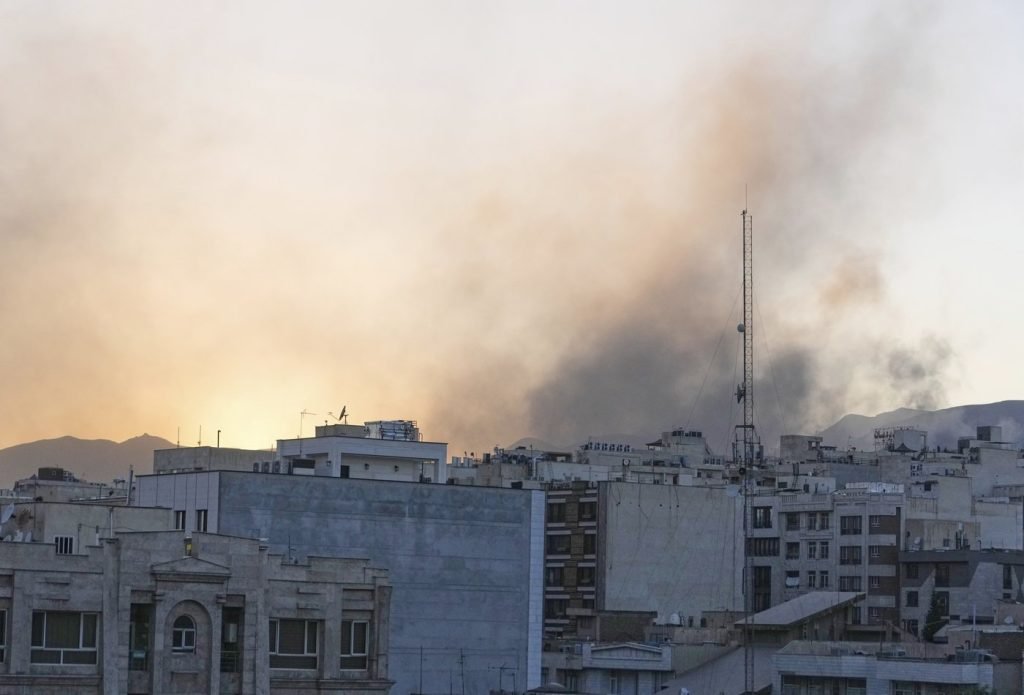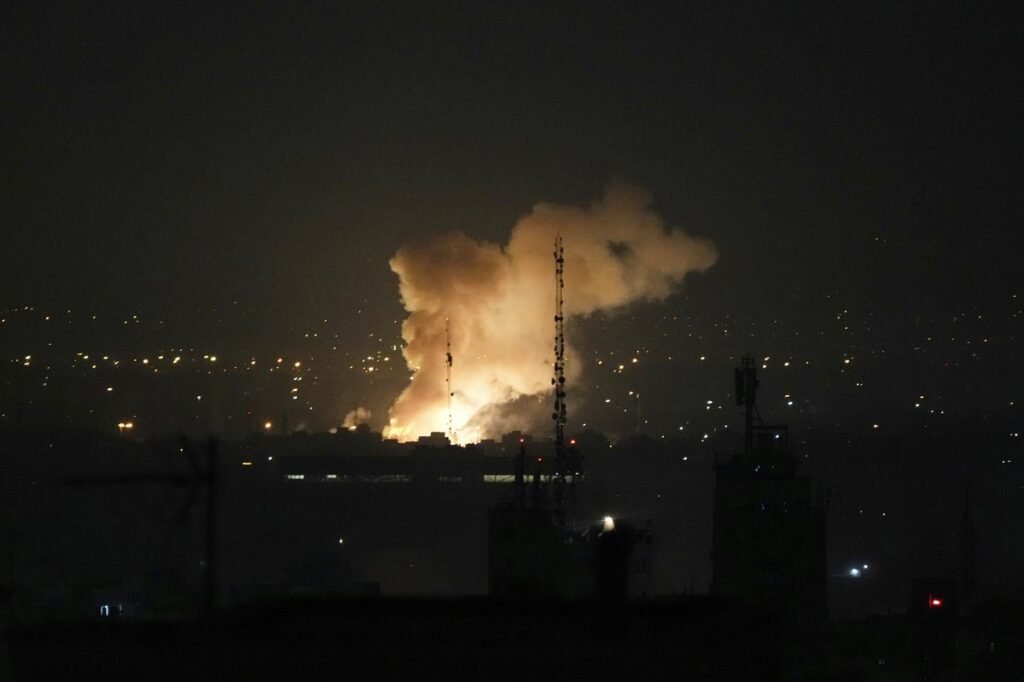Sky‑high demand despite regional tensions
The ongoing Iran–Israel conflict, now in its sixth week, has triggered significant airspace restrictions over the Middle East. Yet, intriguingly, non‑regional hubs—including European and Asian airports—have reported a spike in direct or connecting flights to Dubai, as travelers seek safety, convenience, or untapped opportunities.
This surge comes amid broader aviation turmoil: widespread cancellations, reroutes, and airspace closures characterize the current landscape.
Non‑regional hubs pivot with strategy and opportunity
Airlines in cities like London, Frankfurt, and Singapore are adapting schedules, increasing frequency on Dubai routes to capitalize on the void left by disrupted Gulf services. These hubs are marketing Dubai not just as a layover, but as a resilient destination for business, tourism, and remote working—leveraging its open skies and robust airport infrastructure.


Aviation analysts note this as a strategic pivot rather than crisis response. With Gulf airspaces partly restricted but Dubai’s mostly operational, non‑regional carriers now see it as a safe corridor, a narrative they’re actively promoting to passengers.
Passenger experiences: comfort in disruption
For travelers, this shift is both practical and refreshing. Longer layovers have become lifestyle opportunities—Dubai’s lounges, transit hotels, and sight‑seeing tours are now part of the travel package. Families delayed en route are enjoying comfortable accommodations rather than airport chaos. Many express relief that, despite geopolitical uncertainties, Dubai remains a predictable, open destination.

Economic ripple effects benefiting Dubai
Dubai International Airport, already a top global hub, is enjoying a financial windfall. Overflight fees, retail revenue, lounge services, and ancillary spending are all spiking. This is especially timely as global airline stocks continue to falter due to conflict and rising fuel costs .
Financial analysts highlight that while cruise lines and long‑haul routes suffer, Dubai’s aviation economy is thriving, capitalizing on the shift in travel patterns.

How Gulf carriers are responding
Airlines like Emirates and Flydubai are buffering against regional flight cancellations by bolstering flights from global cities, ensuring Dubai remains accessible. They’re offering generous cancellation policies, flexible bookings, and “Dubai as layover” packages to court global travelers amid uncertainty.
Travel tips: making the most of the pivot
- Book early—with rising demand, fares are climbing fast.
- Choose flexible tickets in case routes change again.
- Explore transit packages—many include free tours and lounge access.
- Stay informed via airline alerts and government travel advisories.

Looking ahead: sustainable or stopgap?
Will this flight surge hold? It depends. If regional tensions persist, non‑regional hubs may solidify Dubai’s position as an alternative transit center. But if hostilities ease and Iranian, Iraqi, Jordanian skies reopen, some demand might shift back. For now, the Dubai boom seems both strategic and potentially sustainable—redefining travel flows in response to conflict.
Do follow UAE Stories on Instagram
Rediscover Your Spark: Find Purpose Again Amid Daily Monotony













